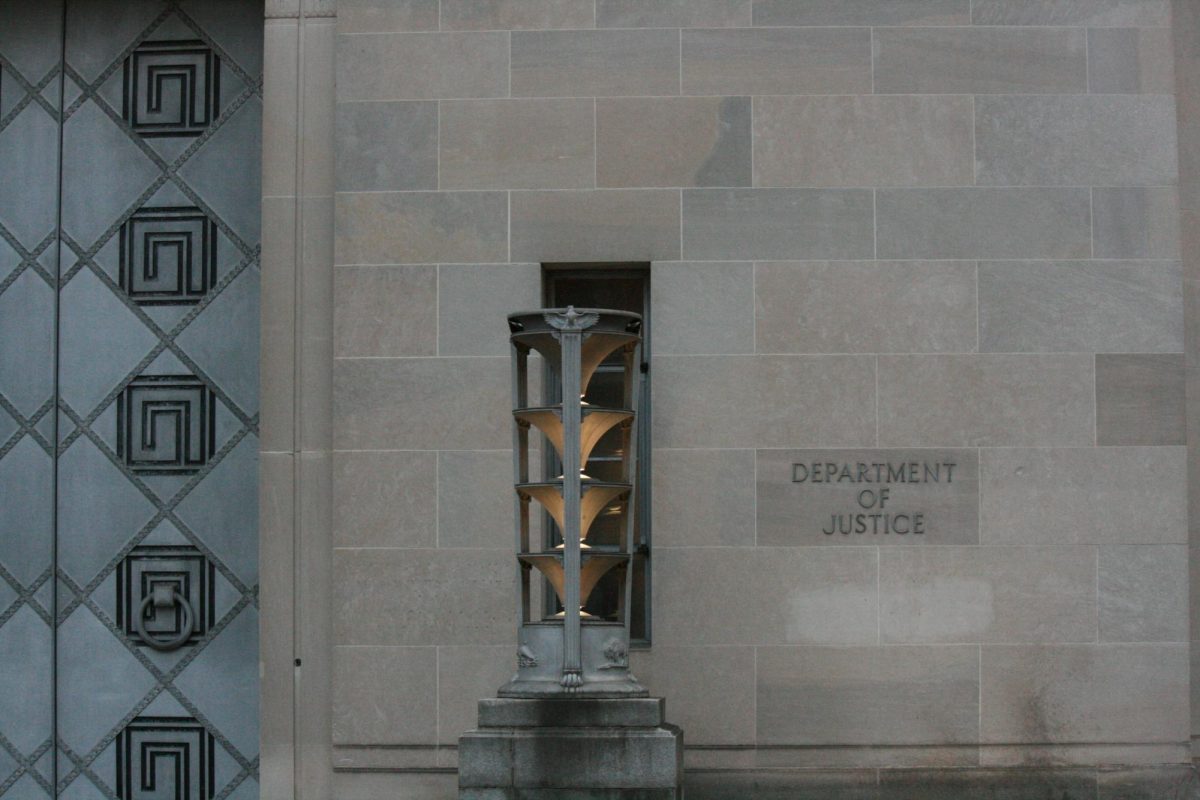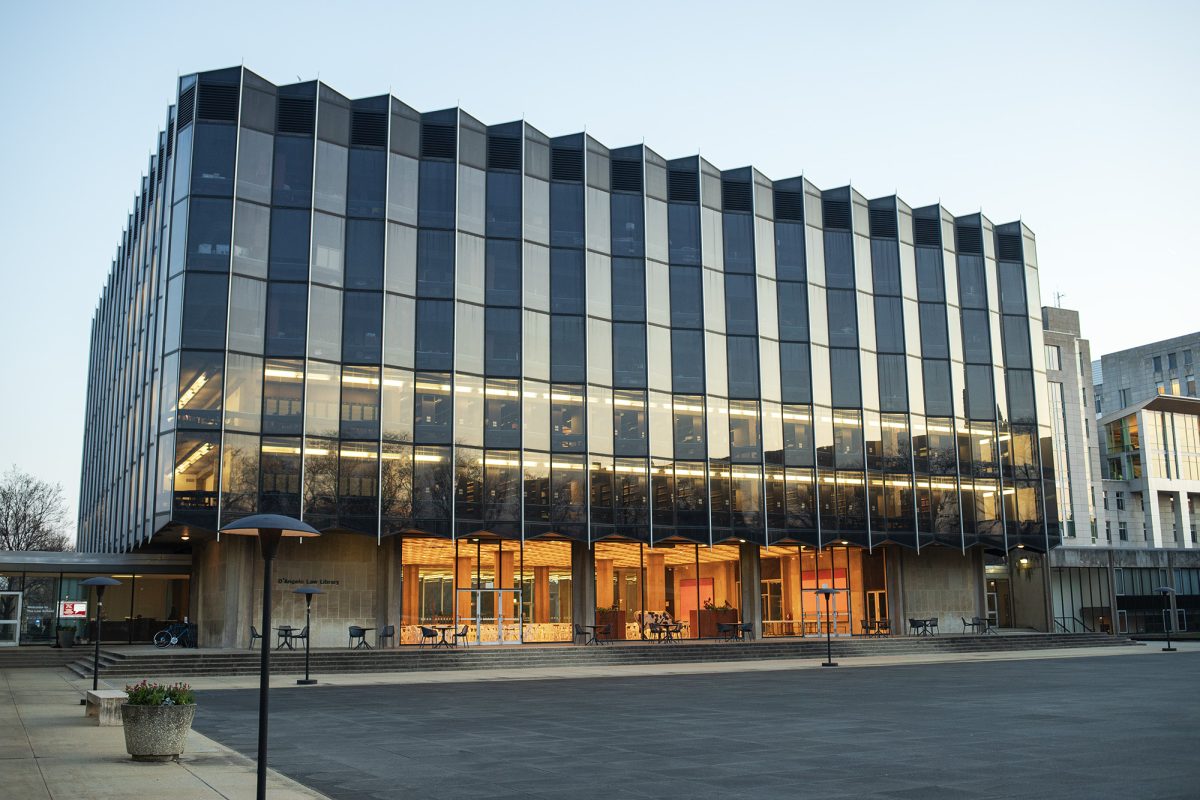Students will be required to live in College Housing for two years beginning with the Class of 2023, Dean of the College John Boyer announced in an e-mail to students this morning.
The announcement comes after years of speculation that a requirement like this would be implemented as the University has constructed several new massive residence halls. These new dorms include Campus North and the forthcoming 1,200-bed Woodlawn Residential Commons, which will be completed in advance of the 2020–21 academic year—the first year when second-years will be required to live on campus.
The University did not mention filling the new dorm in its e-mail, saying the change is designed to increase students’ ties to campus, to give students more opportunities to get involved in campus life, and to give students more opportunities to use the resources provided by the housing system, including RAs and the dining plan.
"We believe that living, studying and socializing in our housing communities has a deeply positive impact on student intellectual engagement and well-being," Boyer wrote. "To extend these benefits from housing and residential life, starting in the 2019-2020 academic year, all incoming College students will be required to live in on-campus housing for two years, instead of one year."
Students in the Class of 2022 will still have the option to move off campus after their first-year.
In the same e-mail, Boyer announced that the housing queue, which previously placed students into dorms with preference based on date of enrollment deposits, will be changed to a random lottery. This change was made, Boyer said in the e-mail, to “ensure all students have the same chance to live in their preferred residence hall.”
It also may have been implemented due to recent debates about the inequity in housing between high and low-income students, since students comparing financial aid packages may have to wait longer than students who are not to put down their enrollment deposits.
Some students are already criticizing the change, saying that the University is forcing students to pay housing and dining fees when cheaper opportunities exist off campus and restricting options for students who have bad experiences with College Housing or who simply prefer to live on their own. Others are praising the developments, citing stronger house culture, more equitable distribution of students among houses, and a stronger campus community.
The full e-mail to students from Boyer can be found below:
With the growth of the College over the past decade, the University of Chicago has sought to deepen its commitment to the student residential experience. I write to share three changes involving residential life and the College.
First, residential life has long played a vital role in the undergraduate experience, fostering intellectual and personal development and a vibrant student community outside of the classroom. To fortify academic support in this community, the Office of the Dean of Students in the College this year assigned advisers to incoming students by House, instead of by adviser availability. Not only is this enabling a more personalized approach to academic advising, but it also is encouraging the alignment of academic and residential life.
Second, to promote equity in the assignment of housing, beginning in the 2019-2020 academic year, first-year residential assignments will be made by random ordered choice rather than by the enrollment deposit date. Assigning housing by lottery will ensure all students have the same chance to live in their preferred residence hall.
Finally, we believe that living, studying and socializing in our housing communities has a deeply positive impact on student intellectual engagement and well-being. To extend these benefits from housing and residential life, starting in the 2019-2020 academic year, all incoming College students will be required to live in on-campus housing for two years, instead of one year. The two-year residential requirement will give students deeper ties to this supportive environment and the resources it provides.
These changes are not retroactive. That is, students in the College today will remain with their current academic Adviser through graduation, and the two-year live-on requirement only will apply to new students entering in the Class of 2023 and beyond.
For questions about College Advising, please email the College Academic Advising Office atcollegeadvising@uchicago.edu. More information about Housing & Residence Life and the assignment process will be available in 2019.
With warmest wishes,
John W. Boyer, AM'69,
PhD '75
Dean of the College Martin A. Ryerson Distiguished Service Professor of History









